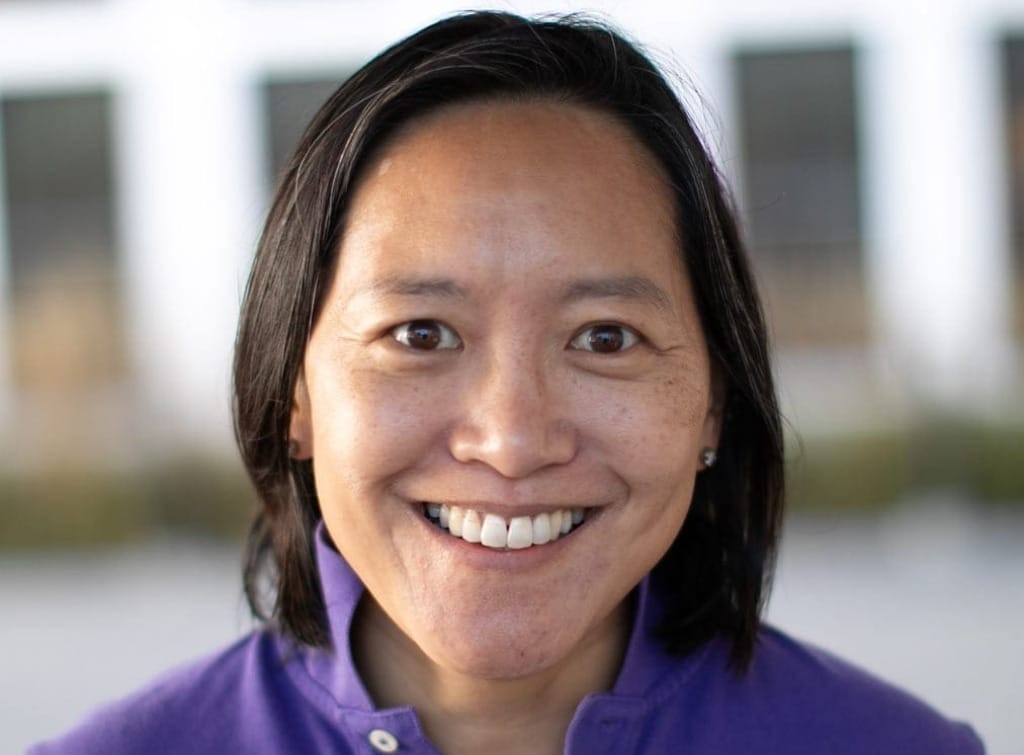Massachusetts Launches Internet Feedback Initiative
The state will compare on-the-ground data with FCC broadband map.
Taormina Falsitta

June 27, 2024 – The Massachusetts Executive Office of Economic Development and the Massachusetts Broadband Institute launched an initiative that seeks feedback from residents about internet quality and availability across the state on Wednesday.
The initiative, called “How’s Your Internet?”, is part of the state’s Broadband, Equity, Access and Deployment program’s challenge process in which MBI determines which areas of the state are not connected to high-speed internet.
Massachusetts will gather feedback from locals on their high-speed internet and pinpoint places that are lacking adequate service. The state will then compare the data with the Federal Communications Commission’s National Broadband Map to check for accuracy.
“This initiative will help the state identify gaps in broadband service for residents and businesses and ensure we are putting crucial federal and state resources to work in the places that need it the most," said the state’s Secretary of Economic Development Yvonne Hao.
The BEAD state challenge process allows local government, nonprofits, and service providers to challenge the eligibility of a location. Massachusetts included in its plan the “How’s Your Internet” initiative to ensure that its maps accurately reflect which portions of the state need federal funds.
MBI director Michael Baldino encouraged “residents, businesses, and local and tribal governments to participate in the BEAD Challenge process, conduct speed tests, and submit information about their service.”
“How’s Your Internet?” will run from June 20 to July 20 and residents can participate through the online portal. MBI will provide support through webinars, office hours, and technical assistance.
The state is set to receive a total of over $400 million in federal funding, including $147 million from BEAD, $75 million from the American Rescue Plan, and $175 million from the Capital Projects Fund. Additionally, $14 million through the State Digital Equity Capacity Grant Program will be used for skill training, device access, and internet affordability.









Member discussion